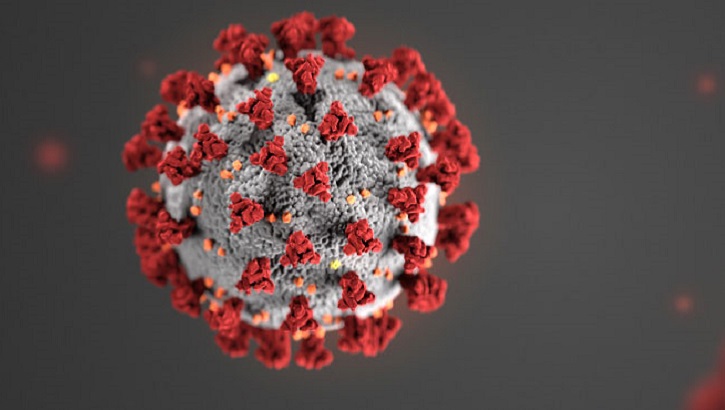From slowing the world economy to affecting the daily lives of thousands of infected patients across the globe, the COVID-19 virus, popularly known as the coronavirus, has made its presence felt on a world scale. Now, it has begun affecting the Lafayette community as well, with the cancellation of three study abroad programs in Italy and the forced return of Lafayette students to the United States.
The students were participating in programs offered through Syracuse University and Gonzaga University in Florence, Italy, as well as one offered by Temple University in Rome, according to director of study abroad Rochelle Keesler.
The decision to cancel these programs and send students back to the United States was a decision made solely by the host institutions and was likely based off of governmental reports concerning the severity of the virus, Keesler said.
From its point of origin in Wuhan, China, the coronavirus has sickened more than 93,000 people and spread to at least 40 countries, including Italy, Japan, Iran and South Korea, according to the Center for Disease Control (CDC). Signs of the virus have also been found in the United States, where there have been at least 130 infections across 13 states with 11 virus-related deaths as of Wednesday afternoon, as reported by CNBC.
Director of Health Services Dr. Jeffrey Goldstein noted the prevalence of this sickness and said he understands the universities’ decisions to cancel the programs. He noted that this virus is particularly dangerous because “a large number of people who aren’t sick can be carrying the virus and can transmit it during the incubation period.
“[People] might not feel ill enough to come to the attention of a provider,” Goldstein said, “and yet they’re out and about [with the virus]”
Accordingly, Goldstein recommended that the students returning from Italy refrain from coming on campus for an additional fourteen days after arriving in the United States, as fourteen days “is the upper limit of the incubation period.”
Ryan Green ‘21 was one of the students who had to return home from abroad due to the outbreak. Green arrived in Italy on Jan. 4 and was involved in a program through Gonzaga University that was only halfway through when it was cancelled.
“It is extremely disappointing to have our study abroad experience cut short,” Green wrote in an email. “But with the fear of a potential quarantine situation or a travel ban placed on Italy, it was time to exit the country.”
“If anything, this has taught me that you need to appreciate something while you are able to, because that fortune can come to an end at any point,” he added.
According to Keesler, issues regarding reimbursement of funds are being determined by the host institutions, while the opportunity for students to complete their academic courses will largely be through online programs. All students are also expected to receive full credit for the semester, wrote Keesler, though Green noted that he will not be living on campus as his coursework isn’t offered by Lafayette.
The college’s Incident Action Group, which has been meeting regularly to discuss precautions the college can take as the COVID-19 virus continues to spread. On Wednesday, an email was went out to the campus community regarding spring break travel plans. According to the email, students who are traveling are “required” to report their travel plans to college.
“This will allow us to communicate proactively with members of the community as needed,” the email reads. “The College strongly advises against personal travel to any areas designated by the Centers for Disease Control (CDC) as high impact zones for COVID-19, which can change daily.”
While the United States may not yet be facing the same kind of disruptions seen in Asia or Europe, Goldstein emphasized the importance of general hygiene and predicts that “the number of cases will diminish but not drop off dramatically.”
Goldstein also noted, however, that America has an incredibly “strong public health system” and that “[the college is] discussing a variety of options which we can implement in a tiered manner based on how the situation evolves.”








































































































